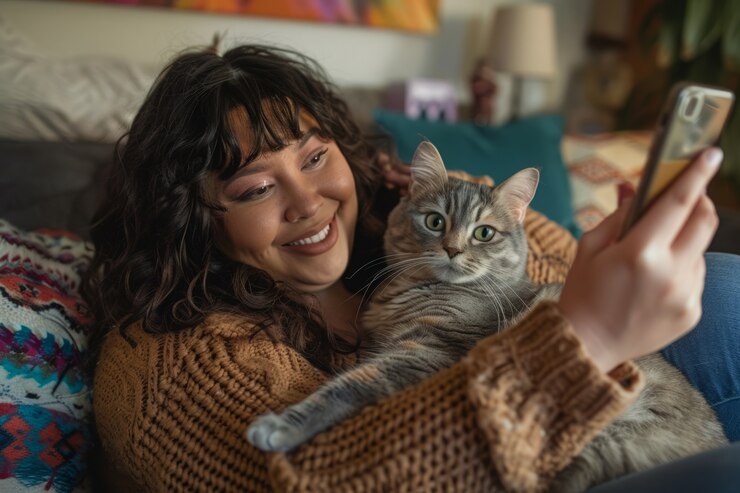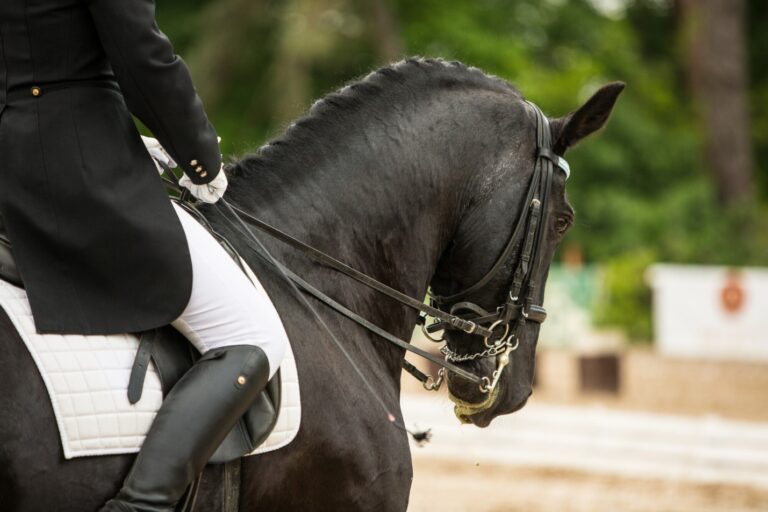Catless Definition & Meaning
Language is a living, breathing entity. It evolves and transforms with every new generation, often adopting words that reflect societal shifts and cultural changes. One such term that’s recently emerged in our lexicon is “catless.” But what does it really mean? Is it just another quirky addition to the pet-loving vernacular or something more significant? As we dive into the depths of this intriguing word, we’ll explore its origins, interpretations, and how platforms like social media have played a pivotal role in popularizing it. Buckle up as we navigate through the fascinating landscape of language evolution!
Origin and evolution of the word
The term “catless” has an interesting origin that reflects cultural shifts. It combines the word “cat” with the suffix “-less,” suggesting a lack of or absence of cats.
This concept emerged in digital spaces, where cat memes and videos dominated social media. As pet ownership trends changed, some people began to identify as “catless.” They made lifestyle choices that distanced themselves from traditional pet ownership.
Over time, this word gained traction in various communities online. It transcended its literal meaning to symbolize freedom from responsibilities often associated with having pets.
Its evolution mirrors broader societal attitudes toward animals and companionship. The playful tone surrounding “catless” invites curiosity and discussion among those who embrace it or reject it entirely.
Different interpretations and contexts of
The term “catless” can take on various meanings depending on the context. For some, it simply refers to a household without cats. This straightforward interpretation often sparks lighthearted discussions among pet lovers.
In online communities, “catless” has been humorously embraced as a lifestyle choice. Users share memes and anecdotes about their lives devoid of feline companions. This creates a sense of belonging for those who identify with the cat-free existence.
Conversely, others view being catless as an opportunity for freedom or self-care. It transcends mere absence; it embodies choices related to personal time and space that may be filled with other passions or commitments.
There’s also an ironic twist where “catless” is juxtaposed against thriving social media accounts dedicated to cats. In this digital arena, not having cats becomes part of one’s identity—an intriguing paradox in today’s pet-obsessed culture.
The impact of social media on popularizing the term
Social media has played a pivotal role in the rise of many new terms, and “catless” is no exception. Platforms like Twitter and TikTok have become breeding grounds for linguistic innovation. Users share their experiences, thoughts, and humor through concise messages that often give birth to new phrases.
Memes are a significant factor as well. Images paired with witty captions can make unfamiliar words like “catless” go viral overnight. The sheer volume of content shared daily creates an environment where unique terms catch on quickly.
Moreover, hashtags help track trends and discussions surrounding specific topics. When people tag posts with #catless or similar variations, it amplifies awareness even further. This visibility encourages more users to engage with the word, driving its popularity into mainstream conversations.
As communities form around these trending terms, they create a sense of belonging among those who use them—further embedding words like “catless” into everyday language.
Controversies surrounding the use of
The term “catless” has certainly stirred up some debates. Some individuals see it as a playful addition to modern language, while others argue it’s an unnecessary creation that complicates communication.
Critics often point out how it can alienate those who don’t understand the context. If you’re not entrenched in internet culture, “catless” might seem like gibberish rather than a simple descriptor.
On platforms where brevity reigns, such as Twitter, misunderstandings are common. A joke about being catless could easily be misinterpreted by someone unfamiliar with the trend.
Moreover, there’s tension between traditionalists and modernizers of language. Some feel that new words dilute meaning and clarity in expression. This ongoing conversation highlights just how dynamic language really is and how interpretations can quickly shift based on cultural shifts or online trends.
Examples of how
People often use the term “catless” in various contexts. For instance, someone might describe a weekend without their feline companion as a “catless Saturday.” This simple phrase conveys both loneliness and an unexpected sense of freedom.
In discussions about pet ownership, it can serve to highlight the challenges of caring for a cat. “I’ve been catless for months,” one might say while sharing stories of missed cuddles or late-night zoomies.
Social media platforms have seen creative interpretations too. Users post memes featuring cats with captions lamenting their own catlessness, showcasing humor and relatability.
Even literary works occasionally incorporate the term to explore themes of companionship or solitude. Writers play with language, illustrating how life feels different without that purring presence beside them. Each example adds depth to our understanding of this evolving word and its emotional weight.
Conclusion: The ever-changing nature of language and its new additions like
Language is a living entity. It evolves, adapts, and transforms over time. New words emerge while others fade away into obscurity. The term “catless” serves as an interesting case study of this dynamic nature.
As we navigate the digital age, social media plays a pivotal role in shaping our vocabulary. Terms that might have seemed niche or obscure can quickly gain traction and become part of everyday conversation. This phenomenon reflects not just linguistic creativity but also cultural shifts.
The discussions surrounding terms like “catless” highlight differing viewpoints on language usage and meaning. Some embrace these new additions wholeheartedly, while others resist change or feel uncertain about its implications.
Whether you see it as a playful twist on existing terminology or consider it unnecessary jargon, one thing remains clear: language will always be influenced by societal trends and technological advancements. As we embrace concepts like “catless,” we recognize our collective journey through communication’s rich tapestry—ever evolving and always fascinating to observe.
FAQs
What is the definition of “catless”?
Catless refers to the state of not having a cat. It combines “cat” with the suffix “-less,” indicating an absence or lack of cats. This term has evolved, especially in online communities, to symbolize a lifestyle choice or a humorous identity among those without feline companions.
How did the term “catless” originate?
The term “catless” originated in digital spaces, particularly on social media platforms where cat memes and videos are prevalent. As some people chose not to own cats, they started identifying as “catless,” reflecting a lifestyle choice or preference.
How has social media influenced the popularity of the term “catless”?
Social media has significantly popularized the term “catless.” Platforms like Twitter and TikTok have turned it into a trend through memes, hashtags, and viral posts, making it a part of mainstream conversation and online culture.
Are there different interpretations of “catless”?
Yes, “catless” can have various interpretations. For some, it simply means a household without cats. For others, it symbolizes freedom from the responsibilities of pet ownership or represents a humorous lifestyle choice embraced in online communities.
What are some examples of how “catless” is used in everyday language?
“Catless” can be used in phrases like “catless Saturday” to describe a weekend without a cat, or in social media posts and memes to share humorous or relatable content about life without feline companionship. It can also appear in literary contexts to explore themes of solitude or companionship.







